Home / us-election / Political Tensions Escalate as Germany’s Election Enters Its Final Week
Political Tensions Escalate as Germany’s Election Enters Its Final Week
By: My India Times
4 minutes read 50Updated At: 2025-02-17
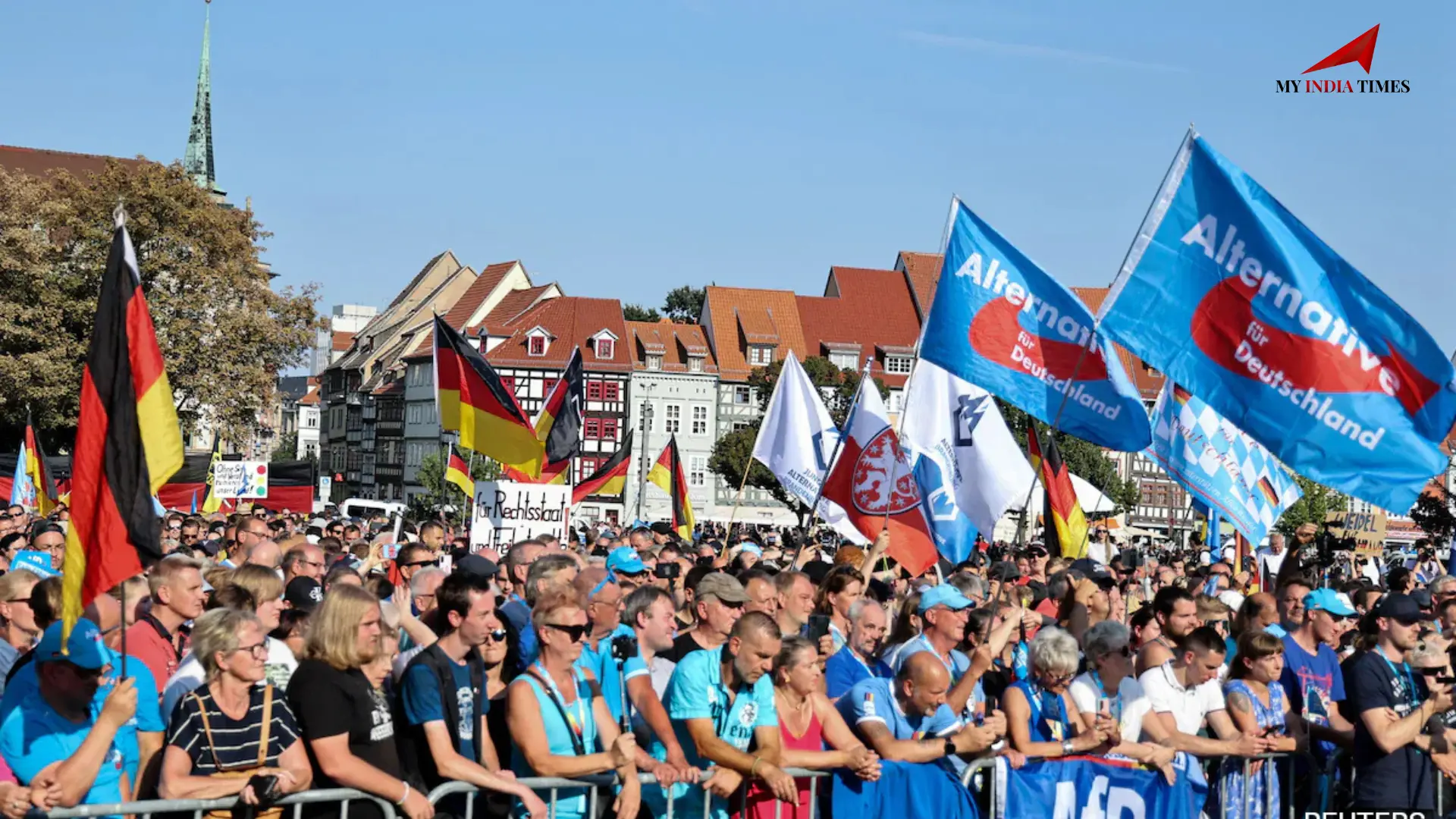
Germany has entered the last and most intense phase of its election campaign, with political tensions soaring and debates reaching a fever pitch. The upcoming February 23 elections are set against a backdrop of rising far-right support, heated migration debates, and a new wave of controversy following remarks by US Vice President JD Vance.
US Vice President Sparks Political Firestorm in Germany
The campaign took a dramatic turn last week when US Vice President JD Vance, speaking in Munich, urged Germany to abandon its long-standing political isolation of the far-right. He insisted that “there is no room for firewalls” in politics, a statement that sent shockwaves through Germany’s political landscape. His comments were perceived by many as direct interference in Germany’s electoral process, adding another layer of complexity to an already contentious election.
Mass Protests and Heated TV Debates Following Vance’s Remarks
Vance’s remarks triggered massive protests across Germany, with tens of thousands of demonstrators taking to the streets in Berlin alone. The controversy quickly became a dominant topic in televised debates, as political leaders clashed over the implications of his statements.
Friedrich Merz, the conservative CDU leader currently leading the polls, was quick to condemn Vance’s remarks. “I will not allow an American vice president to dictate who I can or cannot engage with in Germany,” he asserted, vowing to resist any foreign interference in the country’s democratic process.
Chancellor Olaf Scholz also dismissed Vance’s statements as “unacceptable,” reinforcing that “there will be no cooperation with the extreme right.” However, AfD leader Alice Weidel took a different stance, praising Vance for his boldness and arguing that Germany should not exclude millions of voters from political discussions.
Uncertain Voters and Tight Race as Campaign Nears Conclusion
With only days left before the election, the political race remains uncertain, with around 30 percent of German voters still undecided, according to recent surveys.
The latest televised debate provided some insights into voter sentiment, with Merz emerging as the most convincing candidate for 32 percent of viewers. Scholz followed closely with 25 percent, while Weidel gained significant attention, securing 18 percent—tying with the Greens’ Robert Habeck. The inclusion of Weidel in the debate marked the first time an AfD politician had participated in such a high-profile discussion, signaling a shift in the political landscape.
The Impact of Migration and Security Concerns on the Election
One of the most contentious issues in this election cycle has been migration, fueled by a series of high-profile violent incidents. The latest tragedy—a car-ramming attack in Munich that killed a two-year-old girl and her mother while injuring 37 others—has intensified the debate. The attack, reportedly carried out by an asylum seeker, has bolstered the anti-immigration rhetoric of the far-right Alternative for Germany (AfD), further increasing their support in the polls.
AfD’s growing popularity reflects the broader European trend of rising nationalist sentiment, with the party expected to achieve an unprecedented 20 percent of the vote, setting the stage for significant political shifts in Germany.
Rising Transatlantic Tensions Over Ukraine and European Security
As Germany prepares for its crucial election, transatlantic tensions are also escalating, particularly concerning the ongoing war in Ukraine. The European Union, led in part by Germany, is pushing for greater involvement in security discussions, particularly as US President Donald Trump continues to engage directly with Russian President Vladimir Putin.
Trump’s decision to bypass European leaders and hold bilateral discussions with Putin has sparked concerns across the continent. Chancellor Scholz emphasized that Europe must play a central role in any diplomatic negotiations, stating, “There will be no security guarantees that we have not developed ourselves and accepted for ourselves.”
Despite Scholz’s firm stance, Trump’s special envoy to Ukraine, Keith Kellogg, has made it clear that Europe will not be directly involved in peace talks, though it may have some level of input. This growing rift between Washington and Berlin could further shape the geopolitical landscape in the wake of the German elections.
The Countdown to Election Day: What’s Next?
As Germany enters its final campaign stretch, the political climate remains unpredictable. With undecided voters, rising nationalist sentiment, and increasing foreign policy tensions, the results of the February 23 election could redefine Germany’s political future.
In the coming days, candidates will continue to engage in heated debates, hold public rallies, and push for every possible vote. Whether Germany maintains its political status quo or shifts towards a new coalition remains to be seen. One thing, however, is certain—the outcome of this election will have lasting consequences both domestically and internationally.
....Germany has entered the last and most intense phase of its election campaign, with political tensions soaring and debates reaching a fever pitch. The upcoming February 23 elections are set against a backdrop of rising far-right support, heated migration debates, and a new wave of controversy following remarks by US Vice President JD Vance.
US Vice President Sparks Political Firestorm in Germany
The campaign took a dramatic turn last week when US Vice President JD Vance, speaking in Munich, urged Germany to abandon its long-standing political isolation of the far-right. He insisted that “there is no room for firewalls” in politics, a statement that sent shockwaves through Germany’s political landscape. His comments were perceived by many as direct interference in Germany’s electoral process, adding another layer of complexity to an already contentious election.
Mass Protests and Heated TV Debates Following Vance’s Remarks
Vance’s remarks triggered massive protests across Germany, with tens of thousands of demonstrators taking to the streets in Berlin alone. The controversy quickly became a dominant topic in televised debates, as political leaders clashed over the implications of his statements.
Friedrich Merz, the conservative CDU leader currently leading the polls, was quick to condemn Vance’s remarks. “I will not allow an American vice president to dictate who I can or cannot engage with in Germany,” he asserted, vowing to resist any foreign interference in the country’s democratic process.
Chancellor Olaf Scholz also dismissed Vance’s statements as “unacceptable,” reinforcing that “there will be no cooperation with the extreme right.” However, AfD leader Alice Weidel took a different stance, praising Vance for his boldness and arguing that Germany should not exclude millions of voters from political discussions.
Uncertain Voters and Tight Race as Campaign Nears Conclusion
With only days left before the election, the political race remains uncertain, with around 30 percent of German voters still undecided, according to recent surveys.
The latest televised debate provided some insights into voter sentiment, with Merz emerging as the most convincing candidate for 32 percent of viewers. Scholz followed closely with 25 percent, while Weidel gained significant attention, securing 18 percent—tying with the Greens’ Robert Habeck. The inclusion of Weidel in the debate marked the first time an AfD politician had participated in such a high-profile discussion, signaling a shift in the political landscape.
The Impact of Migration and Security Concerns on the Election
One of the most contentious issues in this election cycle has been migration, fueled by a series of high-profile violent incidents. The latest tragedy—a car-ramming attack in Munich that killed a two-year-old girl and her mother while injuring 37 others—has intensified the debate. The attack, reportedly carried out by an asylum seeker, has bolstered the anti-immigration rhetoric of the far-right Alternative for Germany (AfD), further increasing their support in the polls.
AfD’s growing popularity reflects the broader European trend of rising nationalist sentiment, with the party expected to achieve an unprecedented 20 percent of the vote, setting the stage for significant political shifts in Germany.
Rising Transatlantic Tensions Over Ukraine and European Security
As Germany prepares for its crucial election, transatlantic tensions are also escalating, particularly concerning the ongoing war in Ukraine. The European Union, led in part by Germany, is pushing for greater involvement in security discussions, particularly as US President Donald Trump continues to engage directly with Russian President Vladimir Putin.
Trump’s decision to bypass European leaders and hold bilateral discussions with Putin has sparked concerns across the continent. Chancellor Scholz emphasized that Europe must play a central role in any diplomatic negotiations, stating, “There will be no security guarantees that we have not developed ourselves and accepted for ourselves.”
Despite Scholz’s firm stance, Trump’s special envoy to Ukraine, Keith Kellogg, has made it clear that Europe will not be directly involved in peace talks, though it may have some level of input. This growing rift between Washington and Berlin could further shape the geopolitical landscape in the wake of the German elections.
The Countdown to Election Day: What’s Next?
As Germany enters its final campaign stretch, the political climate remains unpredictable. With undecided voters, rising nationalist sentiment, and increasing foreign policy tensions, the results of the February 23 election could redefine Germany’s political future.
In the coming days, candidates will continue to engage in heated debates, hold public rallies, and push for every possible vote. Whether Germany maintains its political status quo or shifts towards a new coalition remains to be seen. One thing, however, is certain—the outcome of this election will have lasting consequences both domestically and internationally.
By: My India Times
Updated At: 2025-02-17
Tags: us-election News | My India Times News | Trending News | Travel News
Join our WhatsApp Channel




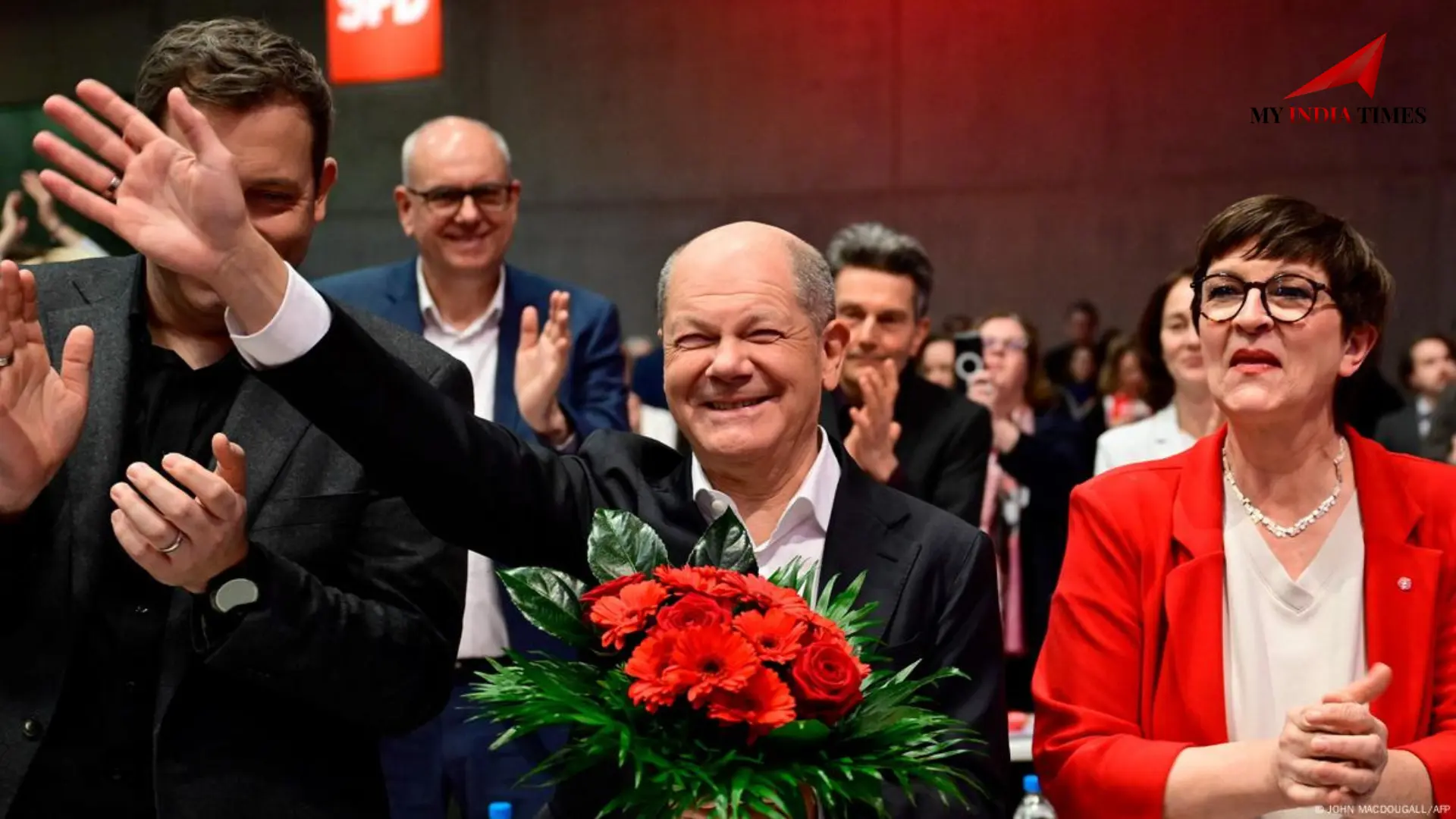
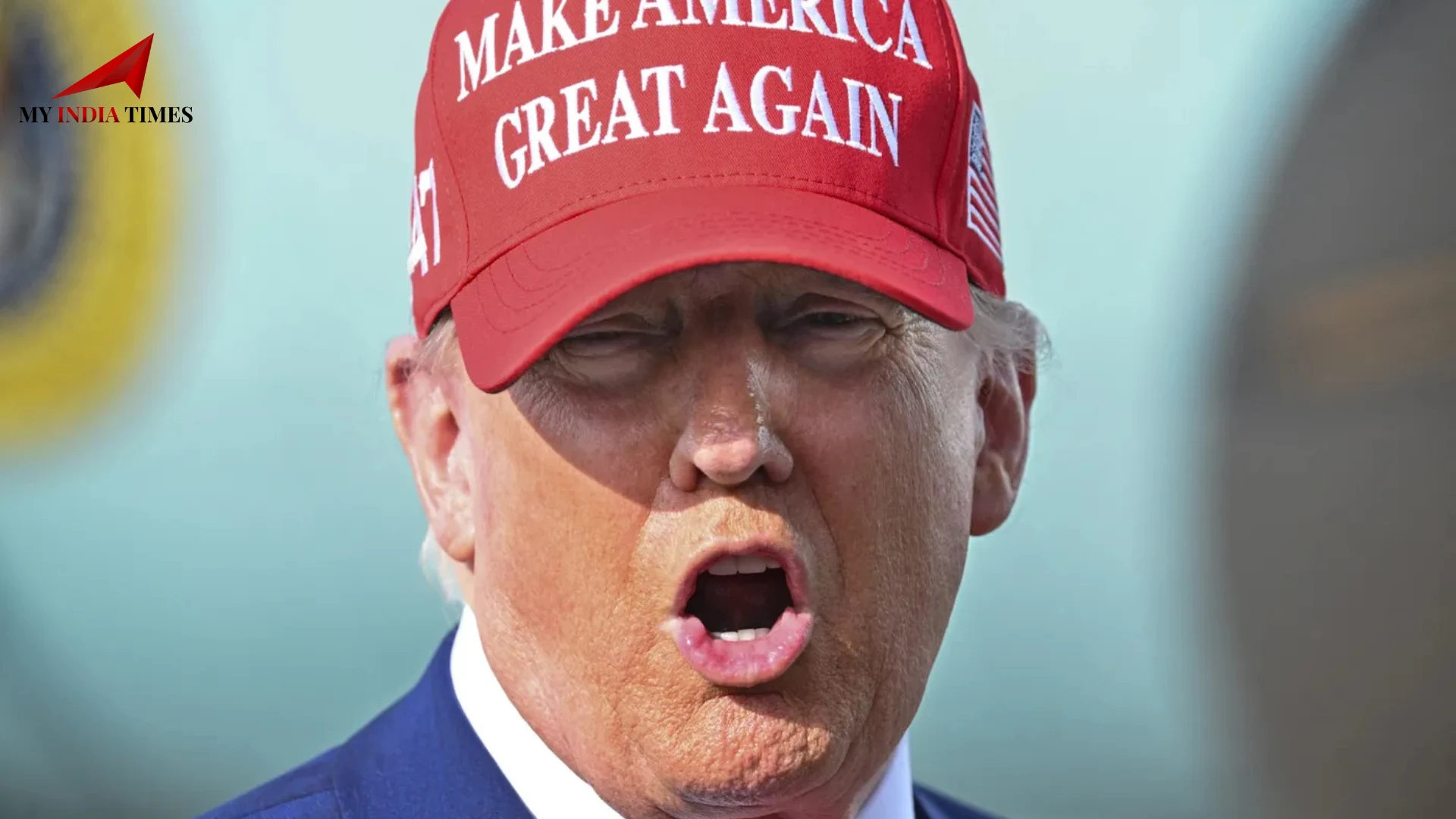
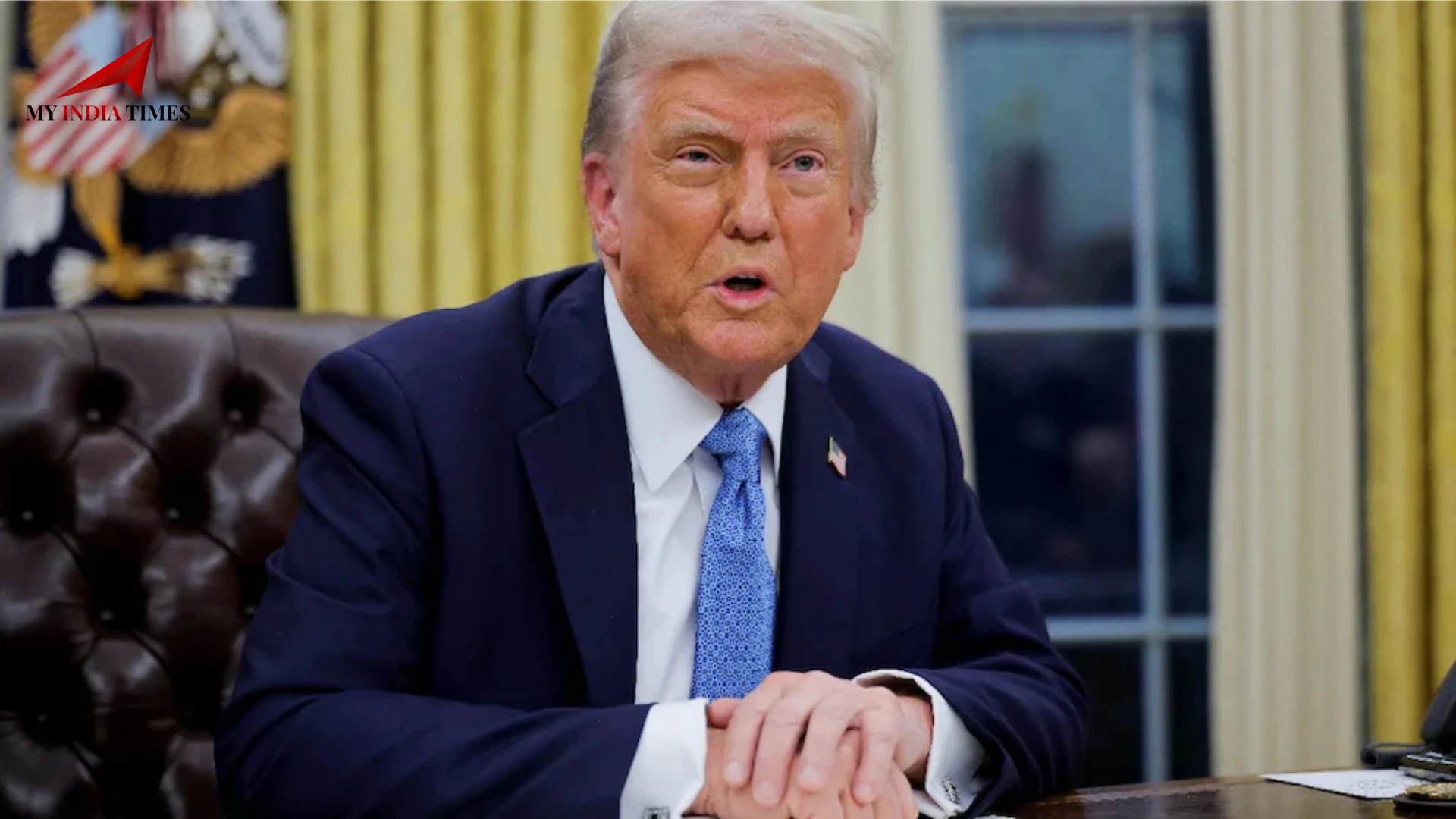
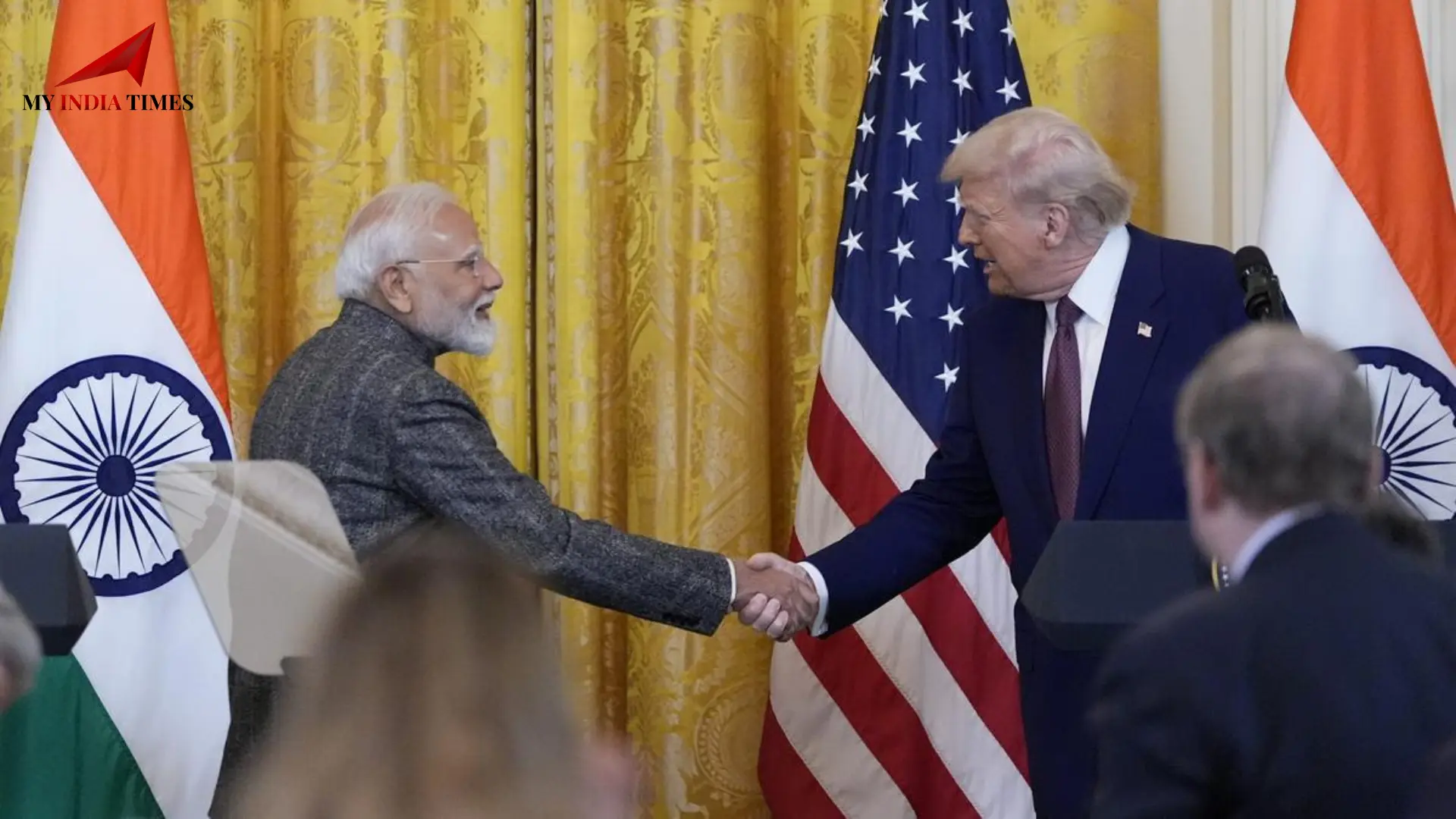

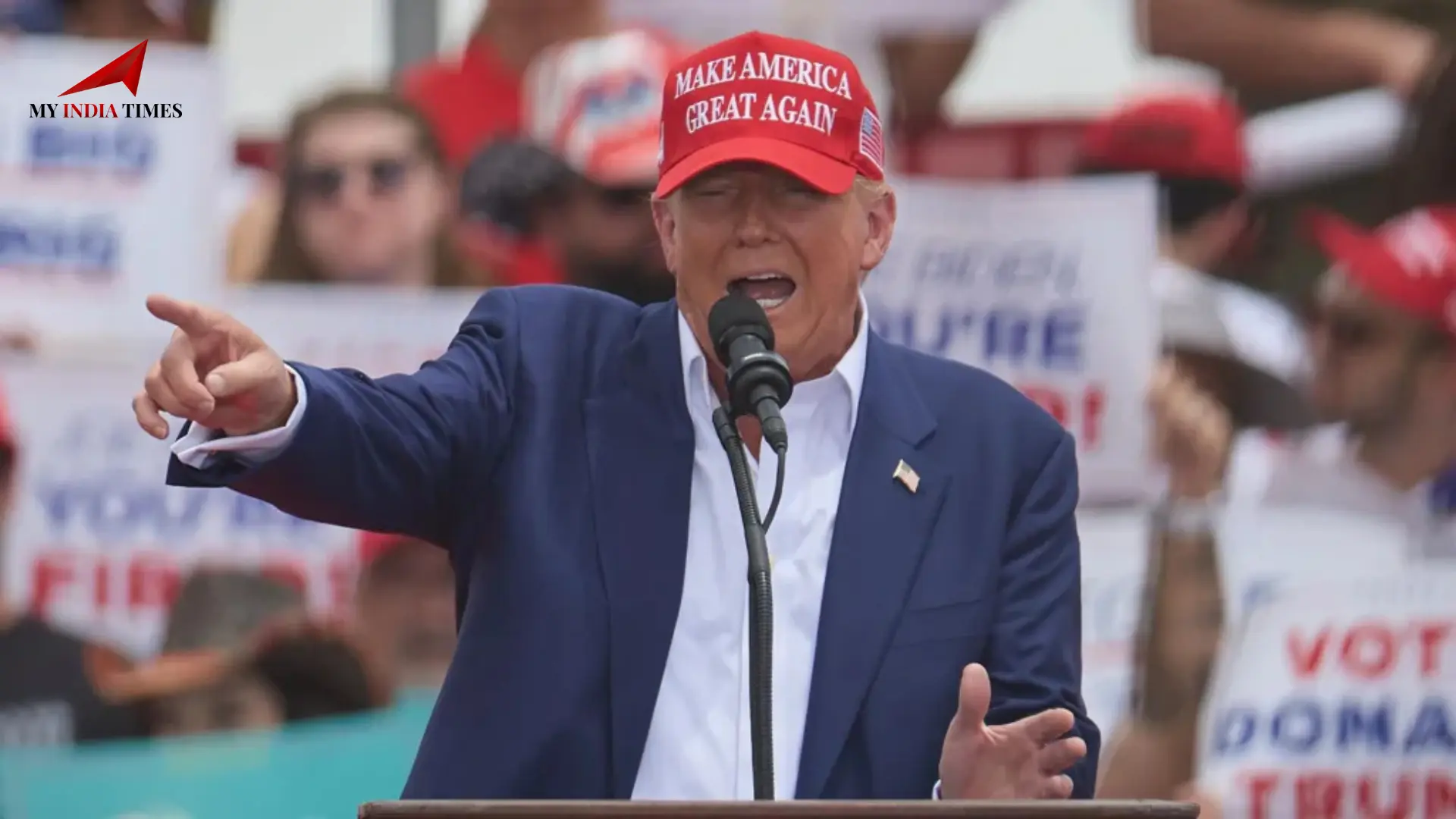
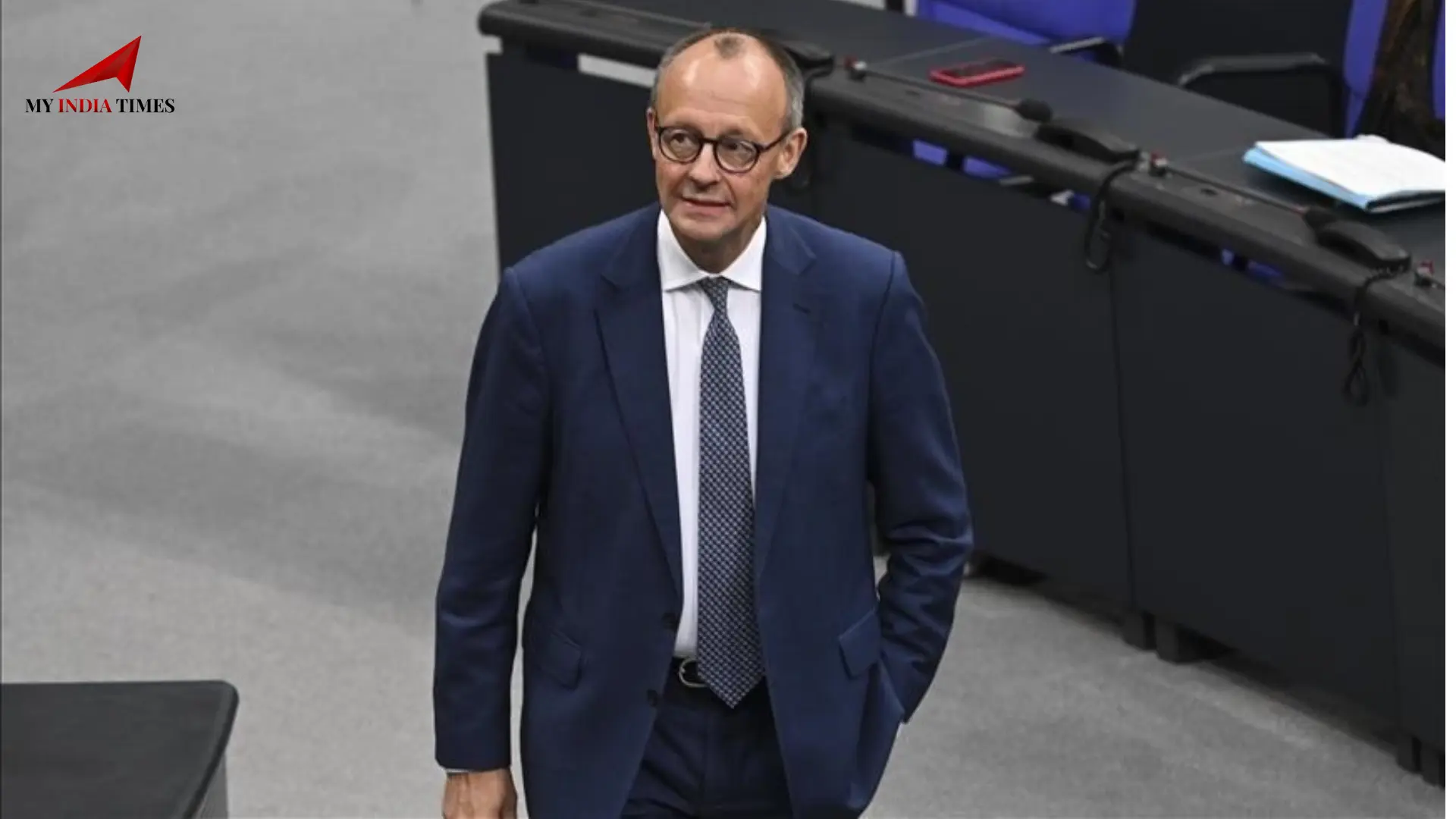
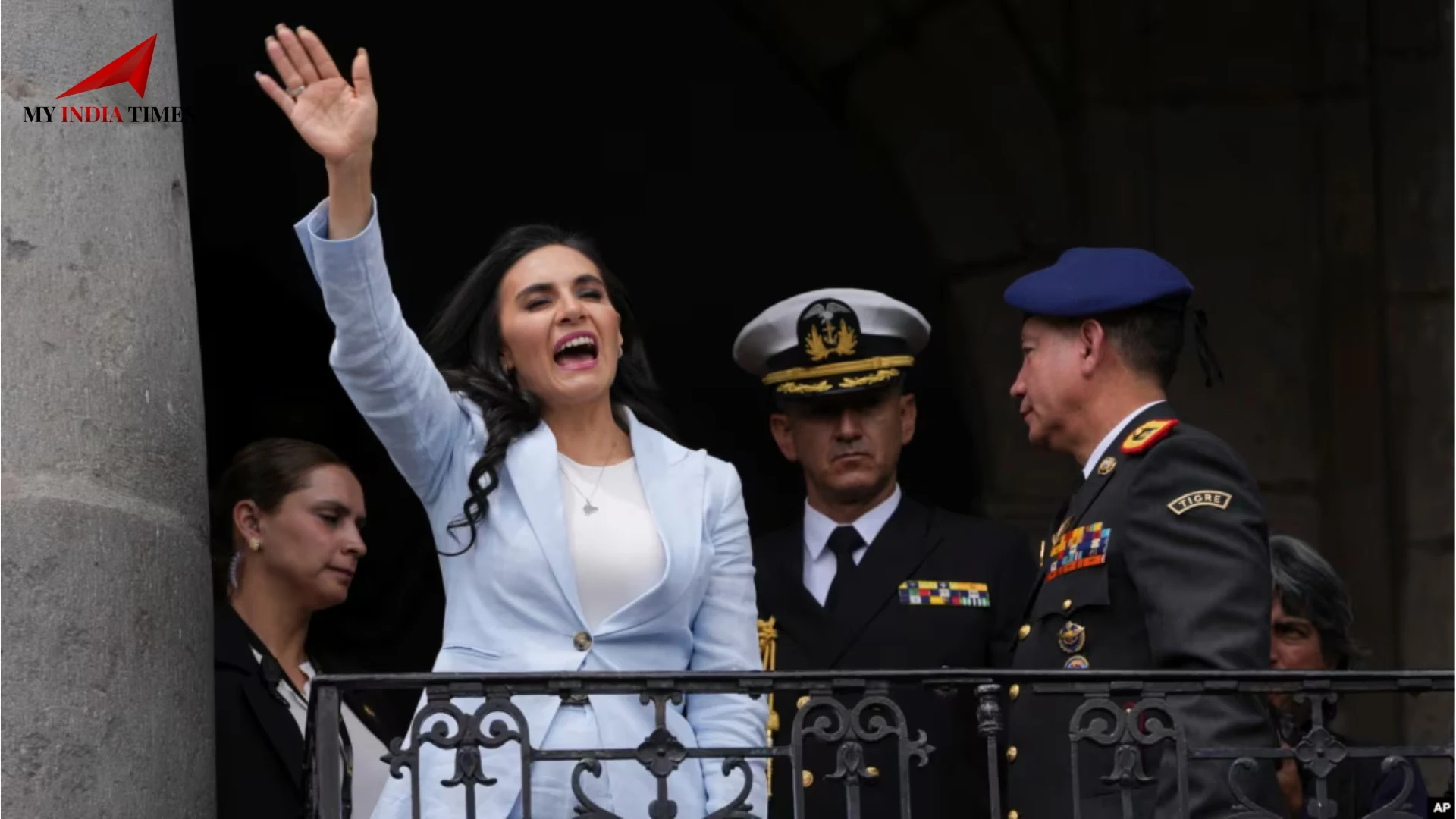
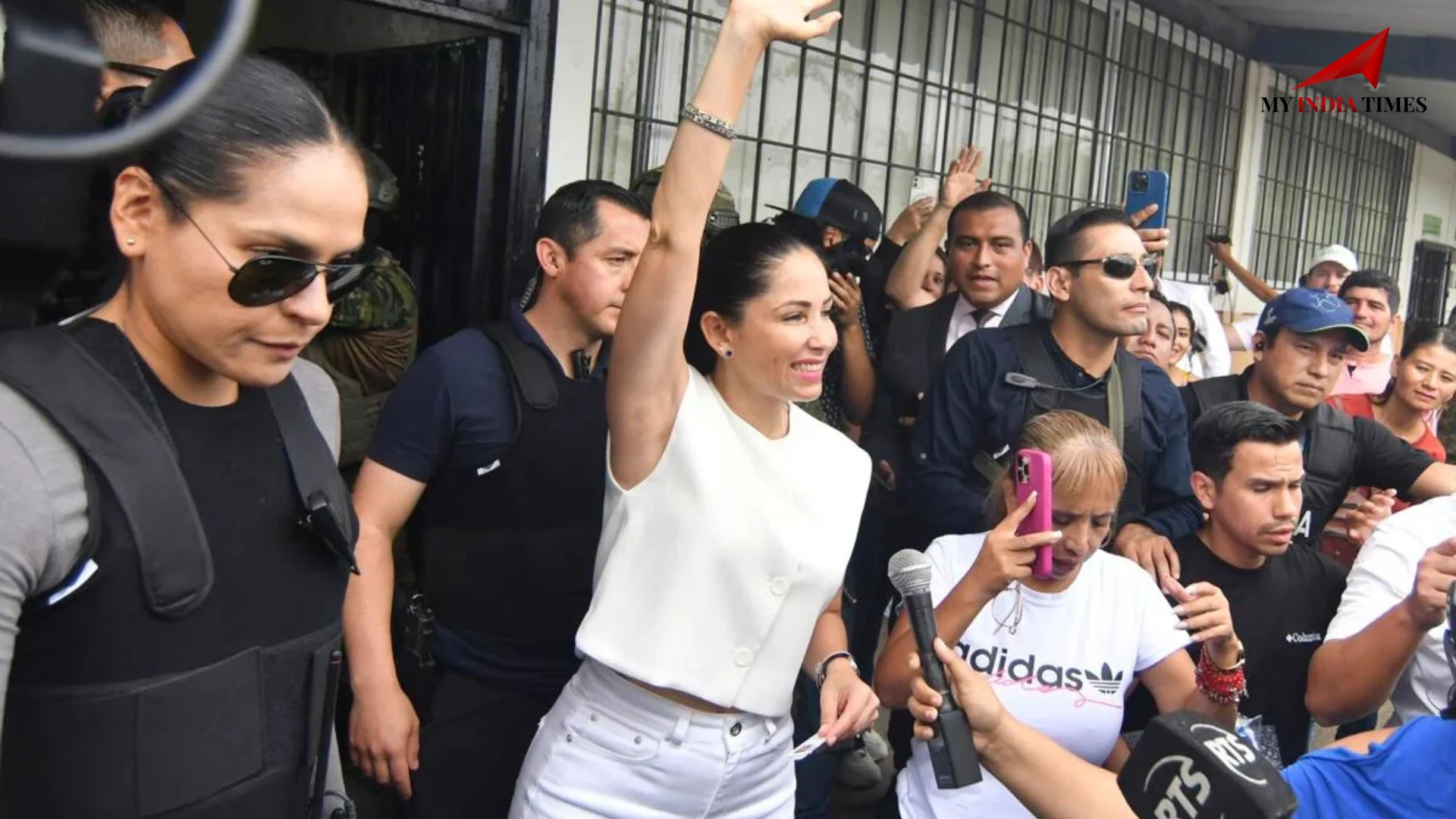
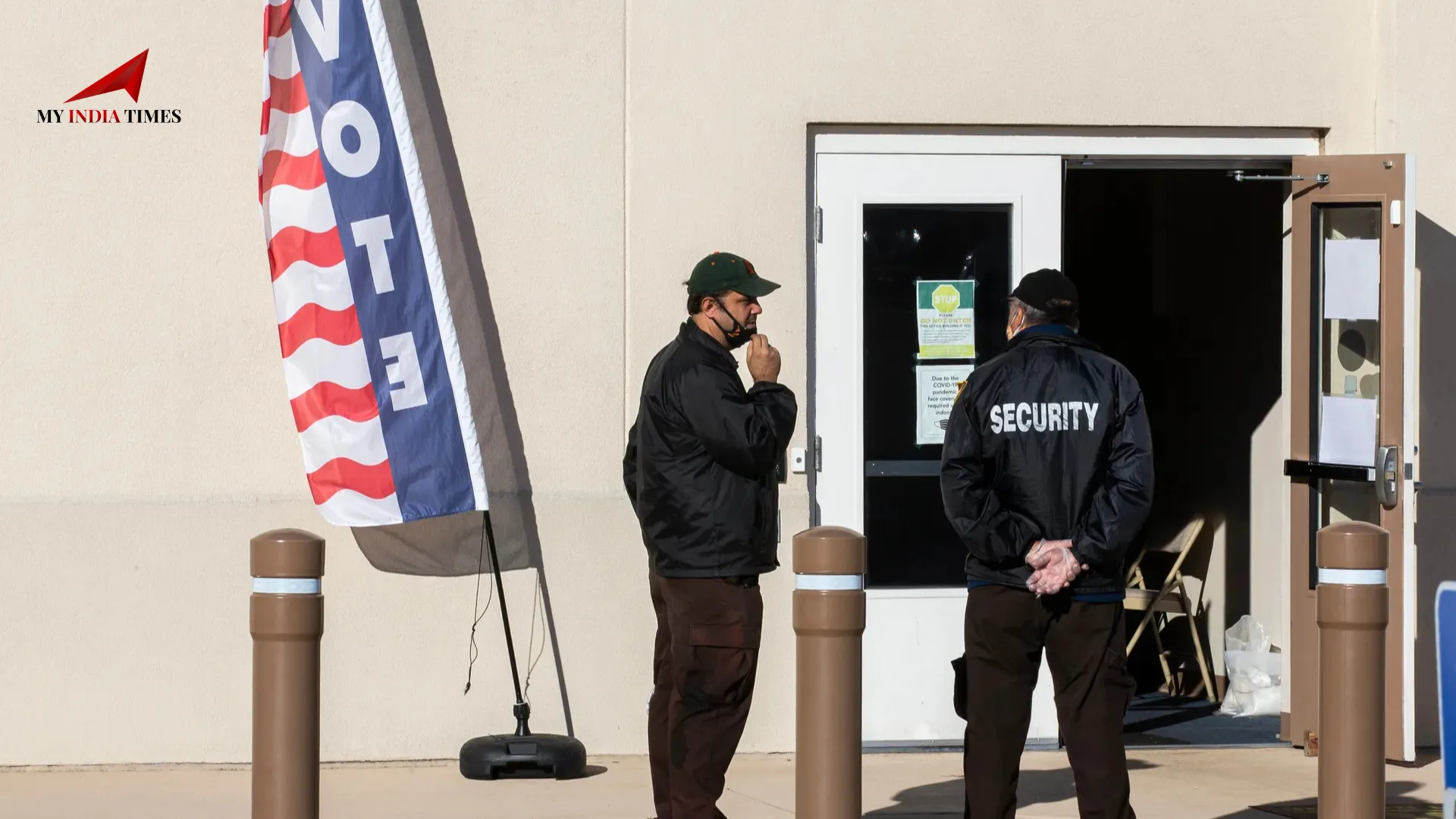
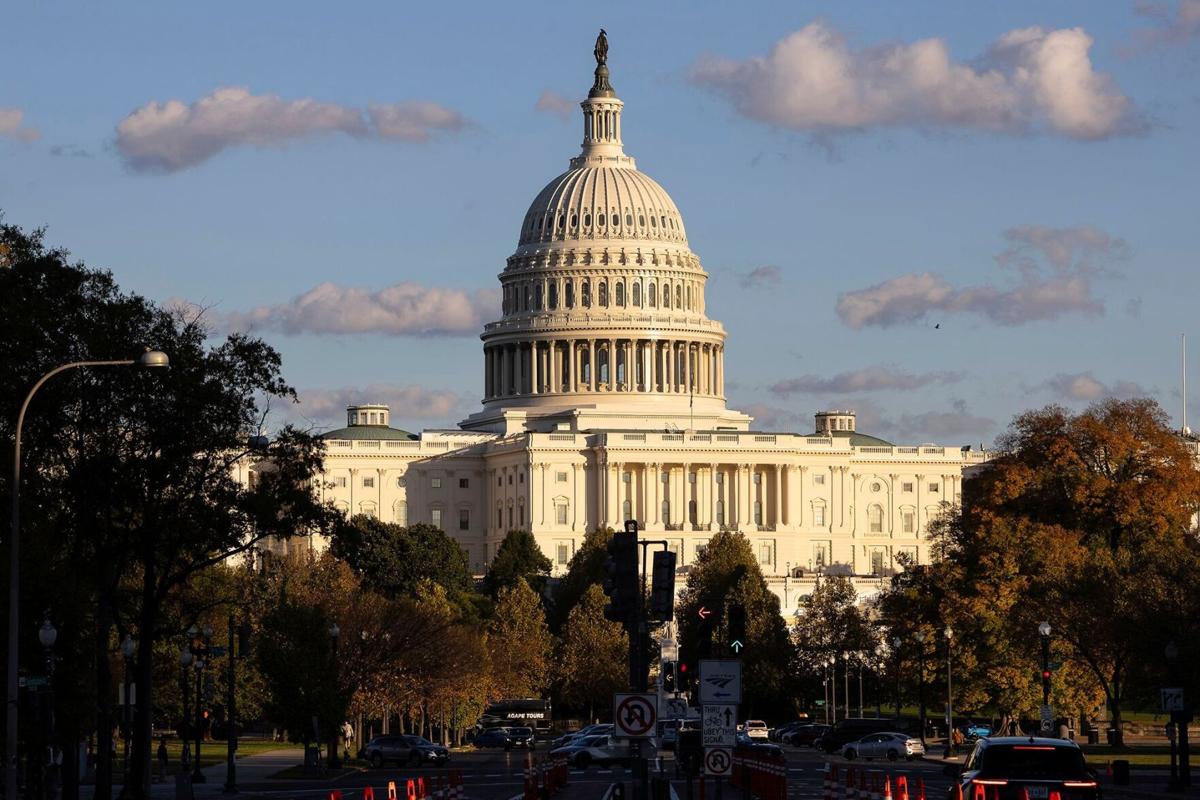

























































































.png)
 (1).png)























